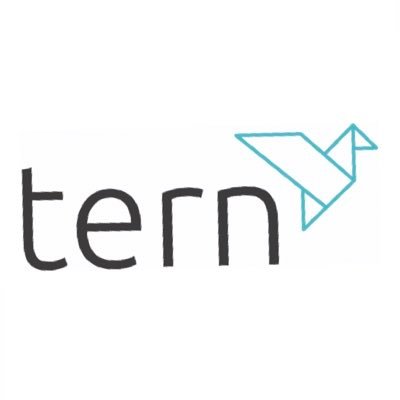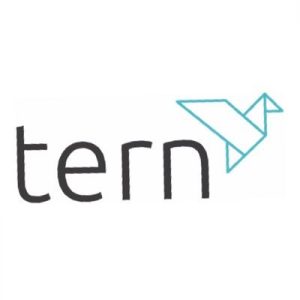As digital transformation accelerates, cybersecurity risks grow in parallel, particularly for organisations managing critical infrastructure and sensitive data. The European Union (EU) has responded to these emerging challenges by updating its cybersecurity regulations with NIS2 (Network and Information Security Directive 2), building on the original NIS Directive to reinforce cybersecurity standards across essential sectors. With the deadline for NIS2 compliance imminent, it’s critical to evaluate the directive’s impact and consider how to sustain its benefits over time.
NIS2 introduces meaningful changes compared to its predecessor, adapting to the evolving cyber threat environment. The directive broadens its reach to include more sectors, incorporating industries such as manufacturing, healthcare, supply chain management, and digital infrastructure. Organisations are now required to adopt higher security standards, including rigorous risk assessments, incident response capabilities, and supply chain security. Moreover, the directive mandates that senior executives and board members are held accountable for cybersecurity failures, potentially facing legal and financial penalties for non-compliance. Companies must also report significant cyber incidents within 24 hours, ensuring rapid response and transparency. Penalties for breaches have increased substantially, making NIS2 compliance an urgent priority for businesses operating in the EU or serving EU customers.
For businesses, complying with NIS2 is more than a legal necessity—it’s essential for maintaining reputation, customer trust, and continuity of operations. Resilience against cyber threats is increasingly vital in today’s digital economy, especially in industries like manufacturing, energy, transport, and healthcare, where service disruptions can have widespread repercussions. The directive also intensifies its focus on supply chain security, requiring organisations to protect not only their own networks but also those of their supply chain partners. With the rising prevalence of Internet of Things (IoT) devices, securing these interconnected systems has become essential.
To meet NIS2’s requirements, organisations need to focus on several key elements, including effective risk management, stringent supply chain security, robust incident response systems, and proactive vulnerability management. Executive accountability must be established, alongside access control systems to manage identities and device authorisation. Encryption, network security, continuous monitoring, and comprehensive compliance documentation are also critical. Achieving and sustaining NIS2 compliance requires continuous enforcement rather than a one-off effort. This long-term approach means embedding cybersecurity practices into organisational operations, extending to third-party partners and external threat vectors.
Device Authority’s KeyScaler offers support for organisations by providing real-time monitoring, automated security enforcement, and adaptive updates that address new vulnerabilities as they emerge. These functions enable businesses to keep pace with the increasingly complex landscape of cybersecurity threats, supporting NIS2 compliance and fostering business resilience. For instance, KeyScaler’s automated device identity and access management feature ensures that only authorised IoT devices can access networks, which simplifies the management of device identities and ensures security throughout a device’s lifecycle.
KeyScaler also provides end-to-end device encryption, a critical component of NIS2, securing data in transit and at rest. This feature is particularly valuable in industrial IoT environments where data flows through multiple devices, exposing it to potential vulnerabilities. Additionally, KeyScaler facilitates supply chain security by managing device identities, ensuring that only verified devices interact with critical systems, thus addressing NIS2’s supply chain integrity requirements.
Incident response is another area where KeyScaler contributes to compliance. Its real-time monitoring and automated certificate management provide early detection and resolution of device vulnerabilities, enabling rapid responses that minimise downtime and reduce damage. KeyScaler’s fast, secure patching of vulnerabilities further reduces the risk of exploitation. The platform’s reporting and compliance support tools simplify the audit process, offering organisations a comprehensive dashboard to monitor their security posture and generate documentation to demonstrate NIS2 compliance.
On a final note, the shift from NIS to NIS2 represents a pivotal transformation in cybersecurity regulation. As NIS2 broadens the scope of industries affected and increases accountability, organisations are under growing pressure to secure their networks and critical infrastructure. KeyScaler serves as an effective, automated solution that not only aids in NIS2 compliance but also supports ongoing cybersecurity resilience. By adopting a proactive stance on IoT security, businesses can better navigate regulatory demands, strengthen their defences, and maintain a competitive edge in an increasingly interconnected world.
Tern plc (LON:TERN) backs exciting, high growth IoT innovators in Europe. They provide support and create a genuinely collaborative environment for talented, well-motivated teams. Device Authority is focused on securing connected device ecosystems and is recognized as the global leader in Device Identity Lifecycle Management and Identity and Access Management (IAM) for the Internet of Things (IoT).


